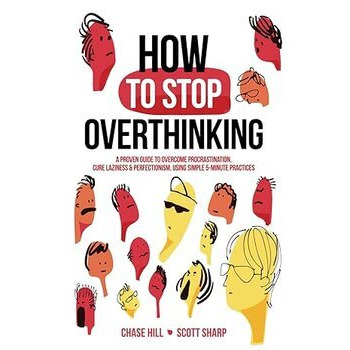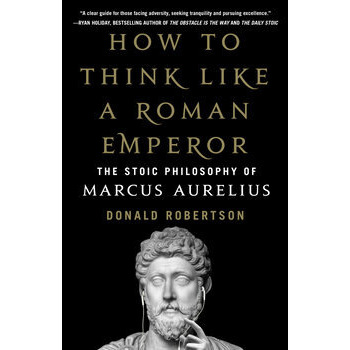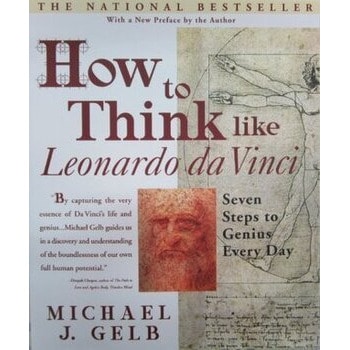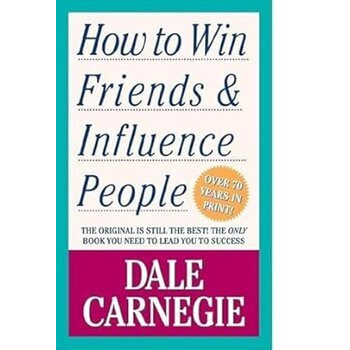No products in the cart.
Return To ShopHow to Start a Business Without Any Money
How to Start a Business Without Any Money by Rachel Bridge is a practical and motivational guide for aspiring entrepreneurs looking to launch a business with little to no capital. The book provides creative strategies for starting and growing a business using minimal resources, emphasizing the importance of leveraging skills, networking, digital tools, and low-cost marketing techniques. Bridge shares real-life case studies of successful entrepreneurs who built businesses from scratch without significant funding, offering insights into bootstrapping, bartering, crowdfunding, and smart financial management. This book is ideal for those who want to turn their ideas into reality without relying on large investments.
How to Stay Sane in an Age of Division
How to Stay Sane in an Age of Division by Elif Shafak is a reflective and thought-provoking essay that explores the challenges of living in a time of intense societal and political polarization. Shafak offers insights on how to maintain mental and emotional well-being amidst a divided world, emphasizing the importance of empathy, dialogue, and mindfulness. Drawing on her own experiences, literature, and philosophy, she encourages readers to cultivate resilience, stay connected to their values, and practice compassion in their interactions with others. The book serves as a reminder of the power of art, storytelling, and human connection in navigating difficult times.
How to Stop Overthinking
How to Stop Overthinking by Chase Hill is a self-help book that provides practical strategies to help individuals break free from the cycle of overthinking. Hill explores the causes and effects of overthinking, offering insightful advice on how to manage anxiety, reduce stress, and regain control of one’s thoughts. The book includes techniques such as mindfulness, cognitive reframing, and journaling to help readers shift their mindset and create healthier thought patterns. With actionable tips and a focus on self-awareness, How to Stop Overthinking aims to help readers achieve clarity, focus, and peace of mind in their everyday lives.
How to Take Smart Notes
"How to Take Smart Notes" by Sönke Ahrens presents an effective system for note-taking based on the Zettelkasten method, developed by sociologist Niklas Luhmann. Ahrens emphasizes that effective note-taking is not just about recording information, but about engaging with it to enhance understanding and creativity. The book outlines practical techniques for organizing notes, linking ideas, and developing a personal knowledge management system. By cultivating a habit of smart note-taking, readers can improve their learning, writing, and critical thinking skills. Ahrens also discusses the importance of making connections between notes to foster deeper insights, ultimately making the process of learning more efficient and enjoyable.
How to Talk So Kids Will Listen & Listen So Kids Will Talk
How to Talk So Kids Will Listen & Listen So Kids Will Talk by Adele Faber is a practical parenting guide that teaches effective communication strategies to build strong relationships with children. The book provides actionable advice on handling emotions, setting boundaries, encouraging cooperation, and resolving conflicts without resorting to punishment or yelling. Through real-life examples, exercises, and insightful techniques, it helps parents create a supportive and respectful environment where children feel heard and understood.
How to Talk to Anyone
How to Talk to Anyone by Leil Lowndes is a self-help book that offers practical advice and techniques for improving communication skills and building strong interpersonal relationships. The book provides readers with tools to feel more confident in social situations, whether in casual conversations or professional settings. Lowndes shares strategies for making a great first impression, engaging others in meaningful conversations, and connecting on a deeper level. The book covers topics such as body language, listening skills, conversation starters, and how to handle awkward moments. How to Talk to Anyone is an insightful guide for those looking to enhance their social interactions and develop better communication skills in various aspects of life.
How to Talk to Anyone
"How to Talk to Anyone" by Leil Lowndes is a comprehensive guide to improving social skills and enhancing communication in various settings. The book offers practical tips and techniques for engaging in conversation, building rapport, and making a lasting impression. Lowndes covers a wide range of topics, including body language, effective listening, and strategies for overcoming social anxiety. With actionable advice and relatable anecdotes, the book empowers readers to connect more confidently with others, whether in personal or professional situations. It's an invaluable resource for anyone looking to improve their social interactions and foster meaningful relationships.
How to Think Like a Roman Emperor
"How to Think Like a Roman Emperor" by Donald Robertson is a blend of philosophy and practical wisdom that draws on the life and teachings of Marcus Aurelius, one of Rome's greatest emperors and a Stoic philosopher. The book explores Stoicism as a way of life, offering insights into how to apply its principles to modern challenges. Through a combination of historical anecdotes, psychological concepts, and exercises, Robertson encourages readers to cultivate resilience, self-discipline, and emotional clarity. It's an empowering guide for anyone seeking to navigate life with the wisdom of one of history's most revered thinkers.
How to Think Like Leonardo da Vinci
How to Think Like Leonardo da Vinci by Michael J. Gelb is a self-help and personal development book that draws inspiration from the life and genius of Leonardo da Vinci. Gelb outlines seven key principles that can help individuals enhance their creativity, critical thinking, and problem-solving abilities, based on da Vinci's approach to learning and life. These principles include curiosity, observation, drawing connections, and embracing the balance between logic and imagination. The book offers practical exercises and insights that encourage readers to think more deeply, explore new ideas, and cultivate their innovative potential, much like the legendary Renaissance polymath.
How to Win Every Argument
How to Win Every Argument by Madsen Pirie is a guide to the art of argumentation, offering practical tips and techniques for effectively winning debates and discussions. The book covers various rhetorical strategies, logical fallacies, and ways to construct convincing arguments while avoiding common pitfalls. Pirie emphasizes the importance of understanding your opponent’s weaknesses, staying calm under pressure, and using persuasive language to sway opinions. The book provides valuable insights into the dynamics of argument, whether in formal settings or casual conversations, aiming to enhance the reader’s critical thinking and communication skills. It's a helpful resource for anyone looking to improve their argumentative abilities and become a more confident debater.
How to Win Friends and Influence People
"How to Win Friends and Influence People" by Dale Carnegie is a timeless self-help classic that offers practical advice on interpersonal skills and effective communication. First published in 1936, the book outlines key principles for building strong relationships, enhancing social skills, and influencing others positively. Carnegie emphasizes the importance of empathy, active listening, and genuine appreciation in fostering connections with people. Through engaging anecdotes and actionable tips, the book guides readers in navigating social interactions, whether in personal or professional settings. Its enduring popularity highlights its relevance and effectiveness in improving relationships and achieving success in various aspects of life.
How to Win Friends and Influence People
"How to Win Friends and Influence People" by Dale Carnegie is a classic self-help book that provides timeless principles for effective communication and relationship-building. First published in 1936, it emphasizes the importance of empathy, understanding, and genuine interest in others as key components of successful interpersonal interactions. The book is divided into several sections, each offering practical advice on topics such as making a good first impression, handling disagreements, and influencing people without arousing resentment. Carnegie's insights are illustrated with real-life examples and anecdotes, making the strategies relatable and actionable. Ultimately, the book encourages readers to foster positive relationships and communicate effectively, making it a valuable resource for both personal and professional growth.












